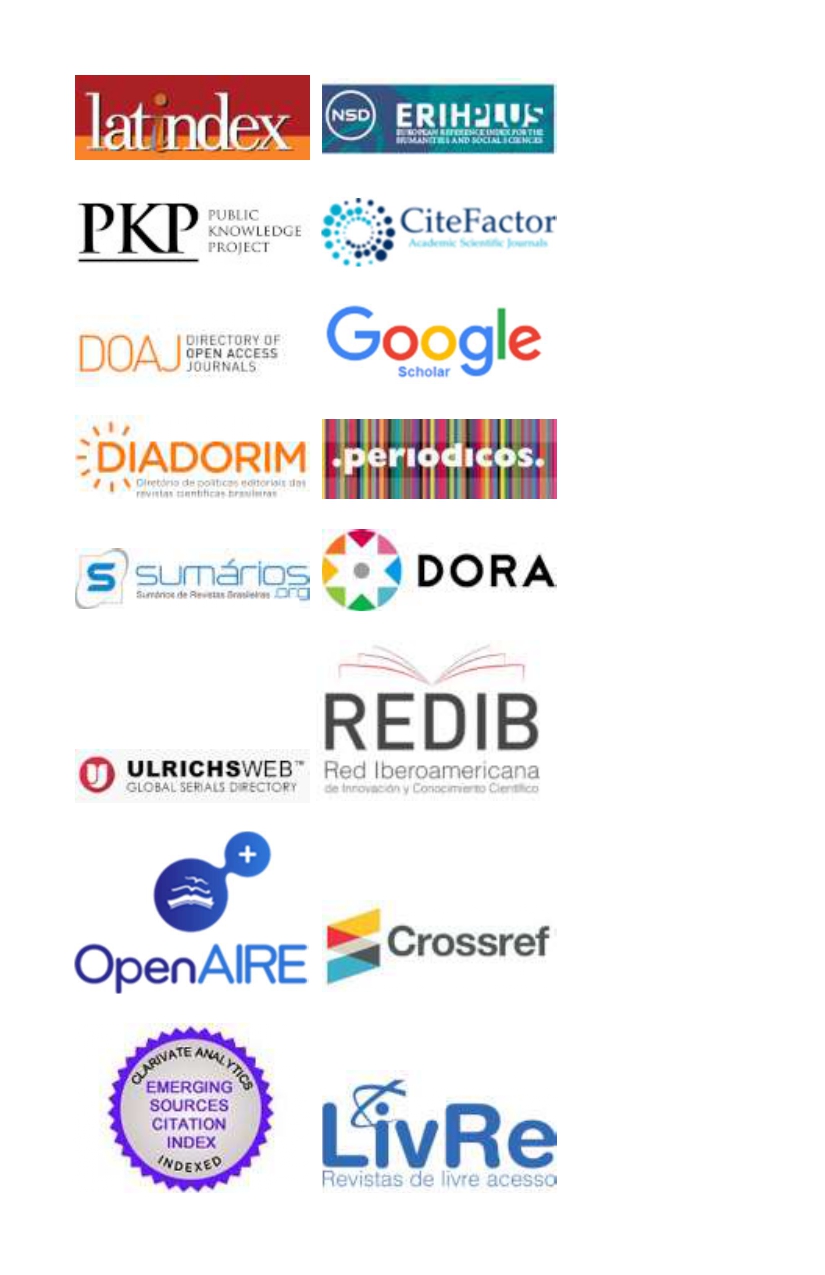IMAGINING BOSSA NOVA: Possibilities and Limits of Charter Cities
Resumen
This review article reflects on the institutionalization of a charter city in Rio de Janeiro in dialogue with Mariana Prado and Michael Trebilcock’s concept of institutional bypass. The term was originally coined by Keith S. Rosenn in a classic socio-legal article about the informal Brazilian way of dealing with rules through “the jeito”. However, Prado and Trebilcock reject Rosenn’s definition and redefine the concept of institutional bypass as an organizational transformation that (1) keeps the dominant institution in place, (2) creates an alternative institutional pathway (3) with a distinctive feature that targets perceived dysfunctions of the dominant institution. Additionally, an institutional bypass is (4) separated from the dominant institution in terms of governance, (5) produces effects in the same jurisdiction as the dominant institution, and (6) it does not contradict the requirements of the legal system. In their book, Mariana Mota Prado and Michael Trebilcock discuss a series of important empirical case studies of institutional bypasses, including some important projects for transformation of healthcare and security in Rio de Janeiro. It would be great to learn from their reflection about the possibilities of transforming municipal and state organizations and their rules through the establishment of a charter city.
Descargas
Descargas
Publicado
Cómo citar
Número
Sección
Licencia
Autores que publicam nesta revista concordam com os seguintes termos:
- Autores mantém os direitos autorais e concedem à revista o direito de primeira publicação, com o trabalho simultaneamente licenciado sob a Licença Creative Commons Attribution que permite o compartilhamento do trabalho com reconhecimento da autoria e publicação inicial nesta revista.
- Autores têm autorização para assumir contratos adicionais separadamente, para distribuição não-exclusiva da versão do trabalho publicada nesta revista (ex.: publicar em repositório institucional ou como capítulo de livro), com reconhecimento de autoria e publicação inicial nesta revista.
- Autores têm permissão e são estimulados a publicar e distribuir seu trabalho online após a publicação na revista.






